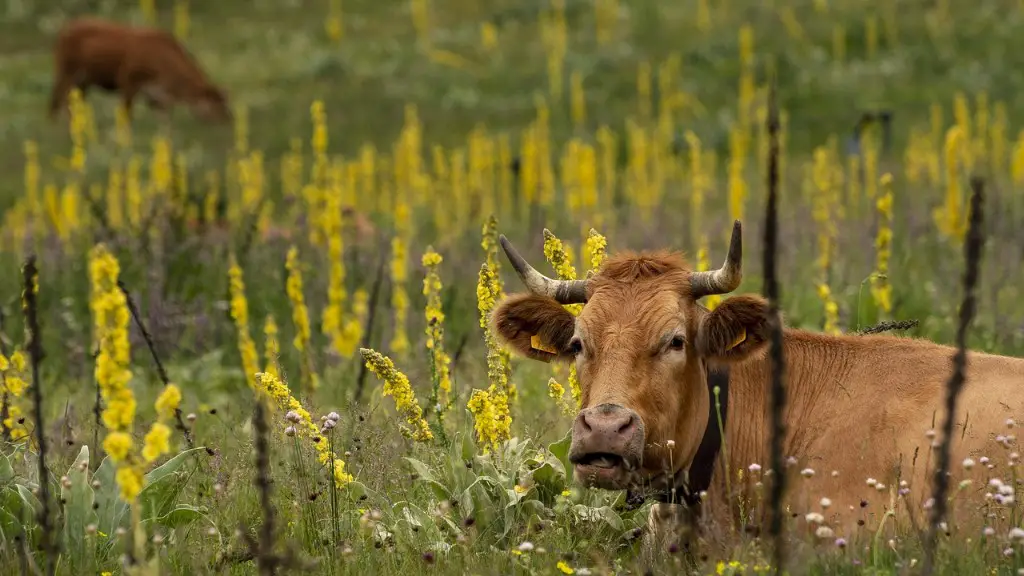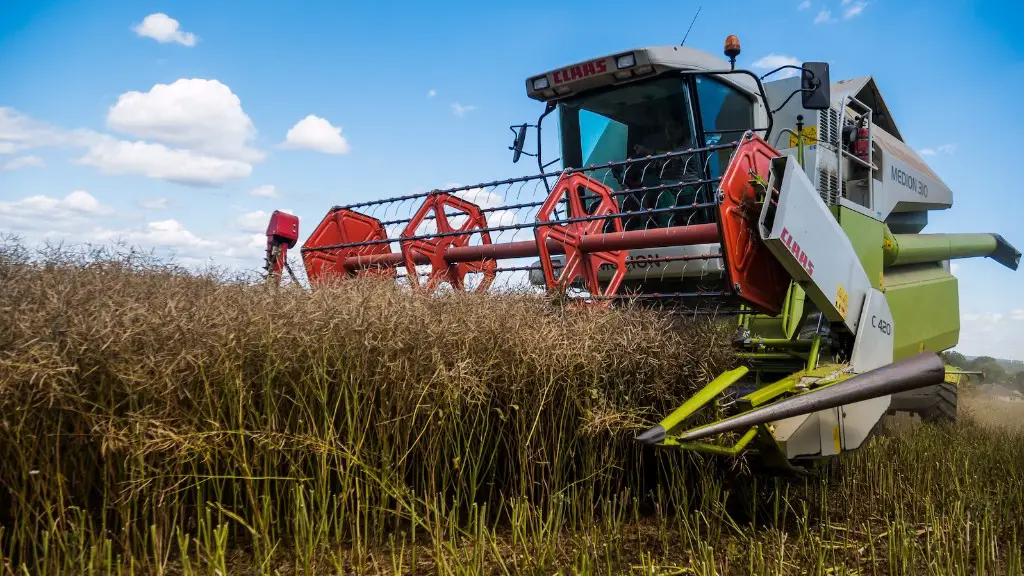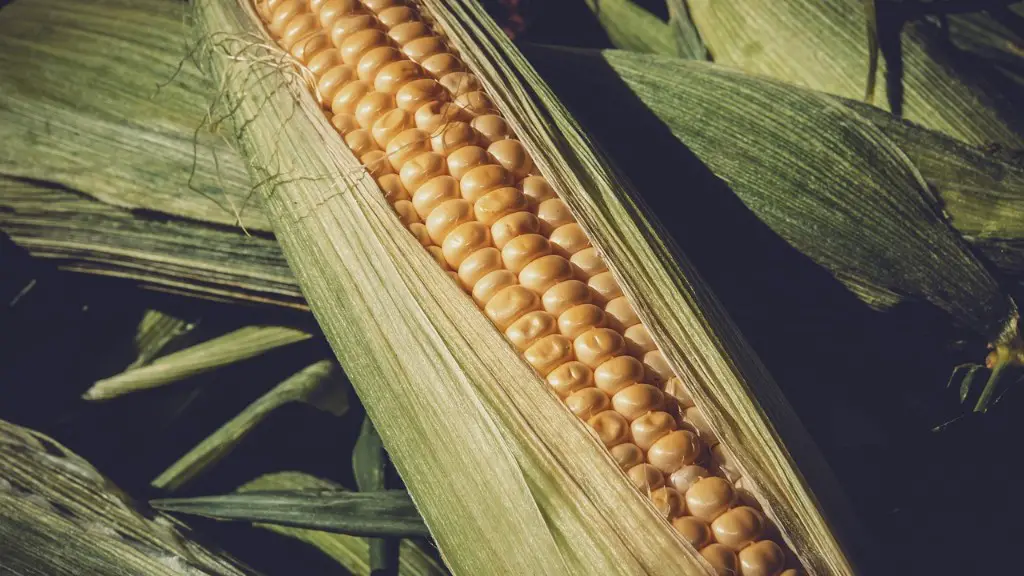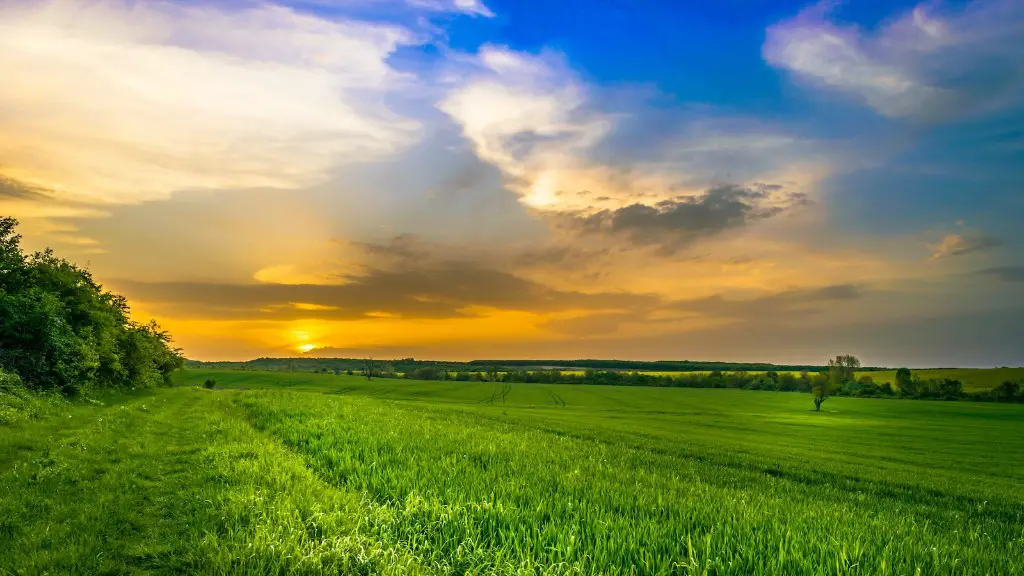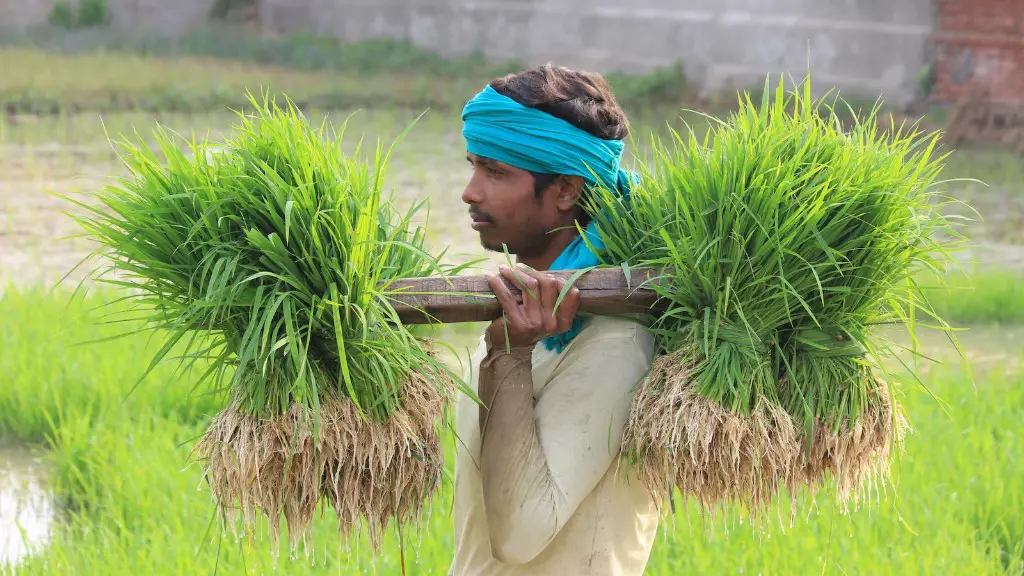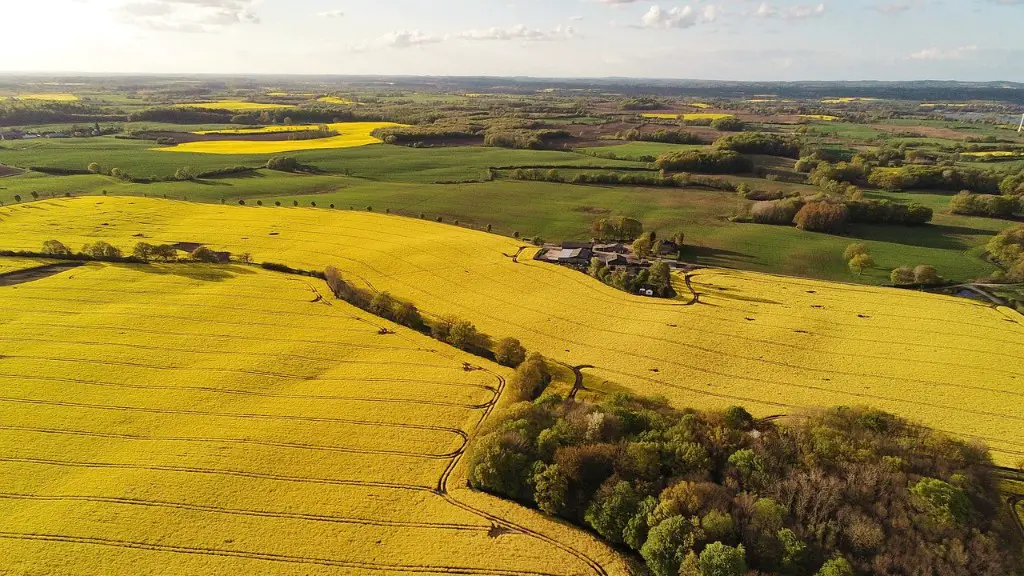Small scale agriculture is a type of farming that is done on a smaller scale than traditional agricultural practices. This type of agriculture is often done by small family farms or by individual farmers. Small scale agriculture often uses less land and fewer resources than large scale agriculture. This type of agriculture is often more sustainable than large scale agriculture because it has less impact on the environment.
Small scale agriculture is a form of agriculture where farmers manage a small land area and use relatively simple techniques and tools.
What is the meaning of small scale in agriculture?
Small-scale agriculture is a method of agriculture that uses less machinery and more human labour. This type of agriculture is typically more sustainable than conventional industrial farming methods, as it helps to maintain soil productivity and control pests.
Small scale farmers usually grow things that require more intensive management and more actual hands on work. Large scale farmers seldom produce more than two or three different crops, and do virtually everything using heavy machinery.
Why is small scale agriculture important
Small-scale farms make up 94% of the farms in the United States They contribute significantly to the nation’s food supply and to local economies They strengthen rural communities and contribute to a diverse and pleasing rural landscape impact on the environment.
These farms typically have a direct marketing sales approach, meaning they sell their products directly to consumers, rather than through wholesalers or retailers. This allows them to receive a greater share of the final sales price, and results in a higher quality product.
Small-scale farms often use sustainable practices that have a positive impact on the environment. They may use organic methods to avoid synthetic pesticides and fertilizers, and employ crop rotation and other techniques to build soil health and reduce erosion. They may also use alternative energy sources, such as solar or wind power.
These farms contribute to the vitality of rural communities by providing jobs and supporting local businesses. They also add to the diversity of the landscape and provide opportunities for people to connect with the natural world.
Small-scale farming is an important source of food for many people around the world. It is a way for people to provide for themselves and their families by growing their own food. Small-scale farming can be done on a small plot of land or even in a small space in a backyard. It is a way for people to be self-sufficient and to have control over their own food supply.
How many acres is a small-scale farm?
A small farm in the United States is defined as one with gross cash farm income under $250,000. A hobby farm or smallholding is generally considered to be a plot of land that is less than 10 acres in size.
Small-scale usually means something that is not very big or not very important.
What are two characteristics of small-scale farming?
Small farmers use traditional and modern production practices to sustainably produce crops. Traditional practices such as intercropping and mixed cropping are used to increase crop yields while modern practices such as greenhouse technology and organic farming are used to improve crop quality. Integrated pest management, rainwater harvesting and micro irrigation are used to reduce the impact of pests and diseases on crops.
Small farms are more agile and better able to meet shifts in demand than larger rivals. They can also grow specialized varieties of fruit and vegetables. However, they are less efficient and not as financially sound as big growers.
What are the characteristics of small-scale farming
Small-scale farmers often have a greater connection to their local landscapes and ecosystems. They know the land intimately and are more invested in its long-term health and productivity. Moreover, sustainable, nature-based practices such as organic agriculture, crop rotation, and integrated pest management permaculture often rely on the wealth of localized environmental knowledge that small-scale farmers possess. By working closely with nature, small-scale farmers can ensure the long-term health and productivity of their land – and the livelihoods of their families and communities.
If you’re looking for ideas to generate income from a small farm, here are some options to consider. You can create a wedding venue, grow hops for local breweries, or grow specialty grains for brewing and distilling. You can also create an educational farm, rent tiny houses and cabins online, or try beekeeping. There’s sure to be an option that resonates with your particular audience.
What are the problems of small-scale farming?
It is important for different stakeholders to work together to support farmers during disasters. Some of the challenges that farmers face include lack of water for irrigation and lack of support from different stakeholders. The study, therefore, recommended an inter-professional model to be used in pre-meetings, during and post disasters meetings.
The problem of small farmer livelihood is further aggravated by the fact that small farmers often suffer from several production risks, such as drought, flood, lack of adequate use of inputs, poor extension leading to large yield gaps, and crop failure. While some of these risks can be mitigated through effective risk management and insurance mechanisms, others can only be reduced through improved agricultural productivity. For small farmers to increase their incomes and improve their livelihoods, it is essential that they are able to address these production risks effectively.
How many acres is considered a farm
If you want to apply for agricultural designation for a property that is between 20 and 160 acres, you must meet the following criteria: Produce and market $1,500 of agricultural product on the property.
There are three different kinds of farmers in the village: Large Farmers, Middle Farmers, and Small Farmers. Large farmers own more than 5 hectares of land and usually rent their land to others or employ other people to work for them. Middle farmers own about 2 to 5 hectares of land and grow just enough crops to feed their families. Small farmers own less than 2 hectares of land and often have to work as laborers on other people’s farms.
What are the 4 types of farming?
The types of farming in India are classified into the following categories:
1. Dairy Farming: This type of farming is done for the purpose of milk production. Dairy farms are generally located near the urban areas so that the milk can be easily transported to the urban markets.
2. Commercial Farming: This type of farming is carried out with the main objective of earning profits. In commercial farming, crops are grown for the purpose of sale in the market.
3. Plantation Farming: This type of farming is carried out on a large scale and involves the cultivation of cash crops such as coffee, tea, rubber, etc.
Farming is a business that involves the cultivation, operation, or management of a farm for profit. A farm includes livestock, dairy, poultry, fish, fruit, and truck farms. It also includes plantations, ranches, ranges, and orchards.
Do small farms make money
Given the broad USDA definition of a farm (see glossary), many small farms are not profitable even in the best farm income years. Median off-farm income in 2021 was $82,809, while the median total household income was $92,239. At the median, this puts farming households at a disadvantage compared to other types of households.
Before embarking on a small farm operation, there are many things to consider. It is possible to make a living with a small farm operation, but it’s not an easy life. You need to be part business person and part farmer to make a living in this field. There are many things to consider before embarking on this back to the basics lifestyle.
Warp Up
Small scale agriculture is a type of agriculture where farmers use less intensive methods of farming, and usually farm smaller plots of land.
Small scale agriculture is a type of farming that is performed on a smaller scale than traditional farming. It is often done by families or small groups of people, rather than by large commercial operations. Small scale agriculture can be more sustainable and environmentally friendly than large scale agriculture, due to the smaller land area and lower inputs of energy and resources required.
